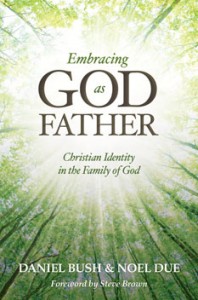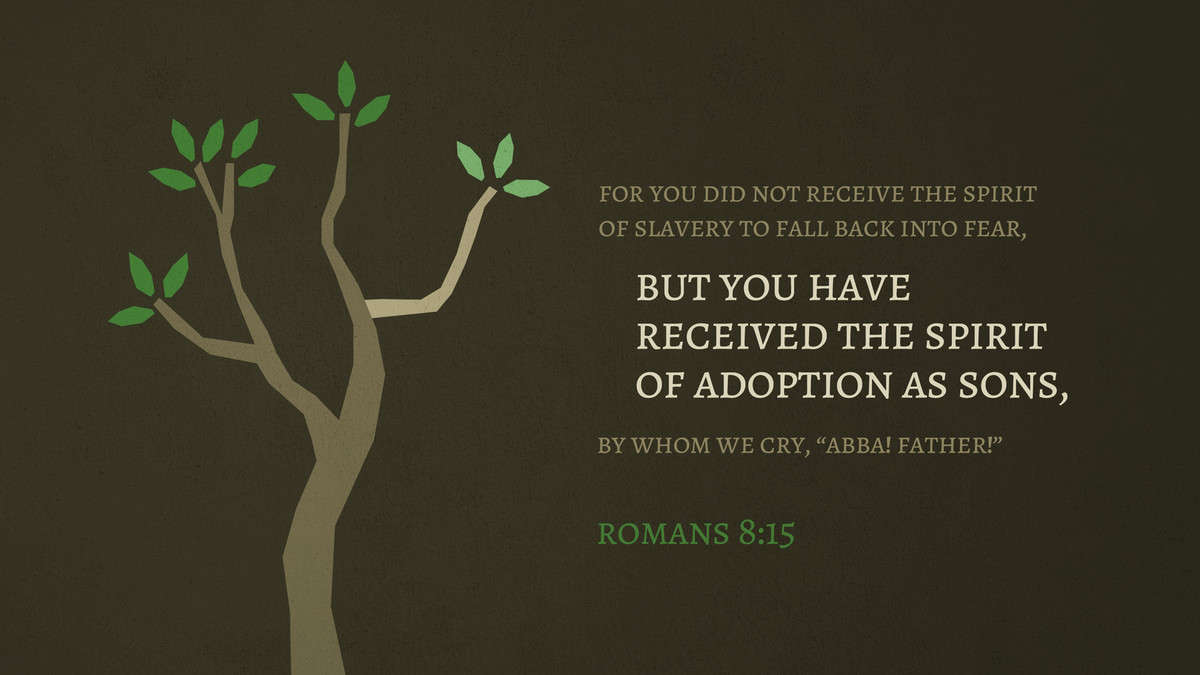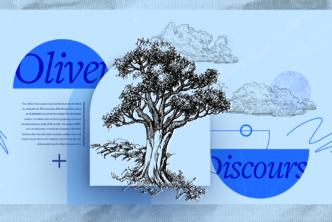What does the concept of God’s fatherhood have to do with eschatology? Though the connection isn’t immediately apparent, it’s real. And grasping its significance can change the way we think about our spiritual identity, how we live the Christian life, and, most of all, our relationship with our heavenly Father.

Along the way, Daniel and Noel find a surprising connection between God’s fatherhood and God’s eternal plan for the universe. They describe how creation’s story begins and ends with the fatherhood of God.
The end of history is oriented to the Father because it has been so since the beginning. Paul declared to the philosophers of Athens, “The God who made the world and everything in it, being Lord of heaven and earth, does not live in temples made by man, nor is he served by human hands, as though he needed anything, since he himself gives to all mankind life and breath and everything” (Acts 17:24–25). And quoting one of their own ancient poets he tells them we’re all “his offspring,” that “in him we live and move and have our being” (Acts 17:28). We were brought into being for the purpose of knowing and enjoying the Creator as our Father.
Of course, with the entrance of sin, not every human being is a son or daughter in the way they were created to be.
We’ve fallen away from the truth of our original blessedness. The knowledge of God as Father has been lost through sin, corruption, and rebellion (Rom 1:18–32) with the result that we’ve turned in on ourselves, seeking to meet our own desires at the expense of others. . . . No wonder we’re trapped in a cycle of complaining, grumbling, fighting, and forcing! Strife on a global scale has its origin in the loss of the knowledge of God our Father. Yet the truth of the matter is that only in the recovery of that knowledge, only in a wholly dependent relationship with God the Father through his Son, are we whole and our desires met.
However, the world fails to see this. Human beings constantly look to things other than God’s fatherhood to find their identity, worth, joy, and satisfaction.
[The world] doesn’t see God’s free initiative to enter into the world in Jesus to restore our knowledge of his love for us and in that love to define who we are and to heal our ‘self-esteem’ from its ultimate bankruptcy. The world thinks it defines itself—that it gives itself meaning, hope, and security. As it goes about defining, making, and securing itself, it’s actually about the business of destroying itself.
This is where God’s ultimate plan for Creation comes into play. Humanity cannot “self-define”—that is, name and define its own reasons for existence and purpose. As the creator of humanity, God alone provides that meaning.
He gives us the deepest meaning and the highest honor of being his own children. And so the end of human history has the beginning—God and his purposes for creation—as its aim.
Ultimately, all of Creation is moving toward “one glorious end”—the revelation of God’s children to all creation. Understanding our eternal trajectory can change how we live day to day.
In the end, the Father’s children shall be revealed and all creation will rejoice and be glorified (Rom 8:18–25). If you really reflect on this it will be a breath of fresh air, a sigh of relief. You can relax, rest, and trust him with each and every aspect of your life, every circumstance, for everything is moving towards this glorious end. God the Father is the goal to which things are headed (Eph 1:3–14), and he desires that we know him as this end for ourselves. Oh, that we would not search out other “chief ends,” but that we would begin now to glorify him by finding our highest enjoyment in him, in who he is for us!
Daniel and Noel further explain how the Christian’s understanding of God as Father is intimately tied to his or her eternal destiny.
In 1 Corinthians 15:20–28, Paul addresses the destiny and glory of humanity and also the whole creation. All things are now subject to the risen Jesus. While in the first Adam, the creation came into chaotic disharmony and dislocation, in the last Adam, all is set right. In presenting this finished work to the Father, Jesus does what the first Adam was created to do, but failed. In presenting us to the Father, we find our hope secured by Jesus’ person and work, outside of ourselves and on our behalf. Jesus is himself the fulfillment of God’s promises, and in him our dignity and destiny is fully sealed.
***
Not only can understanding God’s fatherhood change how you think of your relationship with God, it can change the way you approach parenthood.
Read more in Embracing God as Father.





